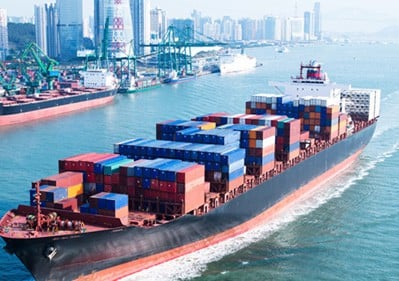In the global trade world, we always hear the term “customs broker” but how much do we know about customs brokers? Many questions will be asked by inexperienced importers, such as “Who is a customs broker?” and “What do they do?” Customs brokers are private for-profit individuals, corporations, or associations that are licensed, regulated, and empowered by customs to assist the importing public in meeting federal requirements governing global trade. Like the freight forwarder for international shipping, customs brokers play an important role in the supply chain of trade.
Entries of foreign-made goods represent billions of dollars in duty collection by customs, and virtually almost all of them are prepared by customs brokers on behalf of importers. There are brokers who operate as sole proprietors at one entry port, while others can be large corporations with branches in different entry ports. However, regardless of the company size, customs brokers are all licensed and regulated by the Department of Treasury.
“What is the advantage of employing a broker versus doing it myself?” For starters, filing an entry is more complicated than it may sound. Importers are not required to employ a broker to enter their goods, but more often than not, small importing companies are inexperienced and have very limited knowledge regarding import regulations. Therefore, they should employ a third-party broker as their representative when dealing with regulatory matters. On the other hand, most of the large retail and wholesale importers should employ a group of in-house, licensed brokers to manage all of their customs transactions; including regulation consultation, entry filing, necessary bond acquisition, deposit of import duties, and securing release of their products. At some point, importer’s time will become more valuable to them in managing their company and marketing their product than dealing with the head ace of filing an entry.
Customs brokers are not only knowledgeable in customs regulations, but there are many well-experienced brokers on the market who have expertise on entering products that require Other Government Agencies (OGA) filings. Of course, every OGA has their own regulations, requirements, and handling procedures which are different from other agencies.
Customs brokers can also play the role as a consultant to assist importers to conduct analysis rather the importing products can be enter under any preferential tariff treatments. For example one of the most commonly known free trade is NAFTA (North America Free Trade Agreement) is design for Canada and Mexico originated products. Another commonly known free trade agreement is GSP (Generalized System of Preferences) which is designed to promote economic growth in the developing countries. Every free trade agreement has different originating and import requirements, which the imported products must satisfy in order to be qualified to enter U.S commerce duty-free.
Each year, there are more than 1,000 individuals throughout the country who take the broker license exam, and yet the passing rate is only five to 10 percent. Customs has high requirements for those who wish to become a broker as they are the bridges between customs and the trade community.





